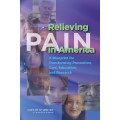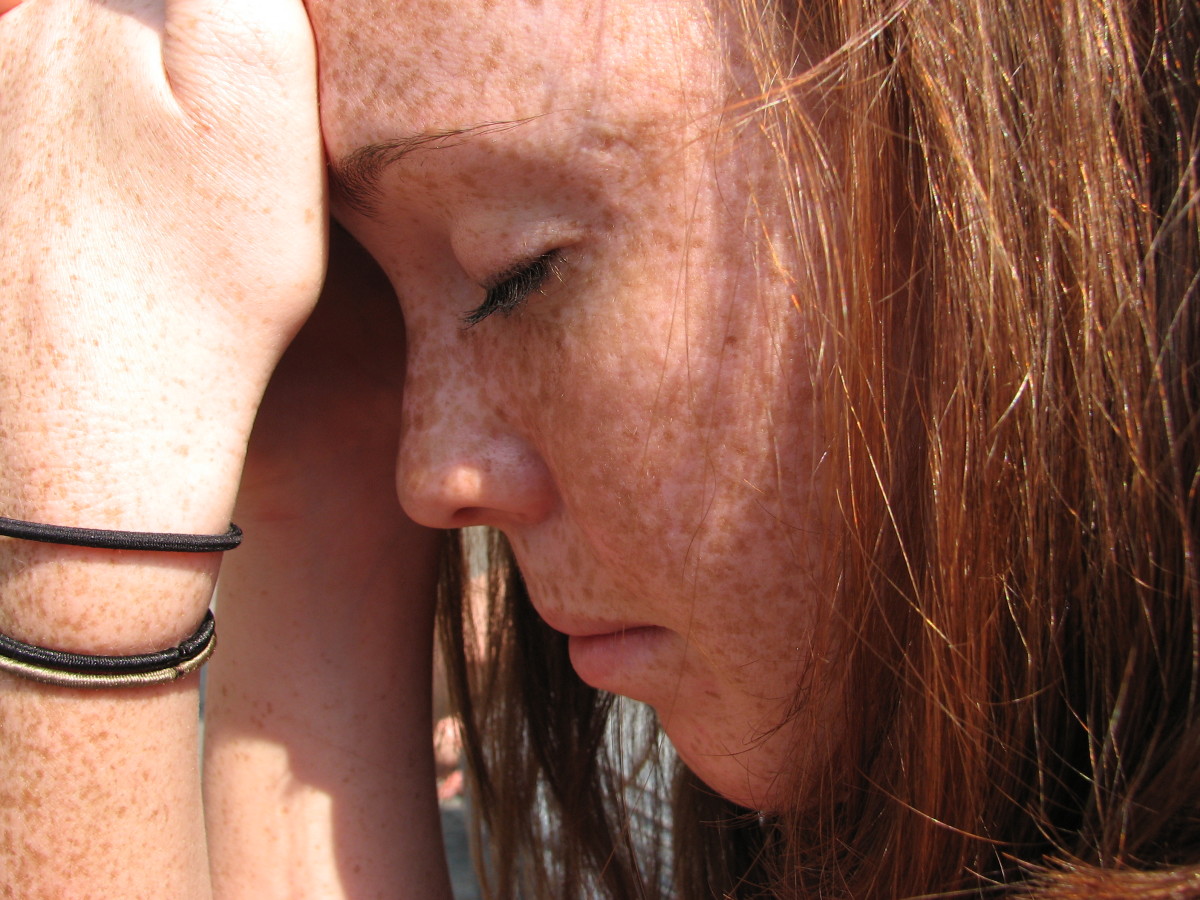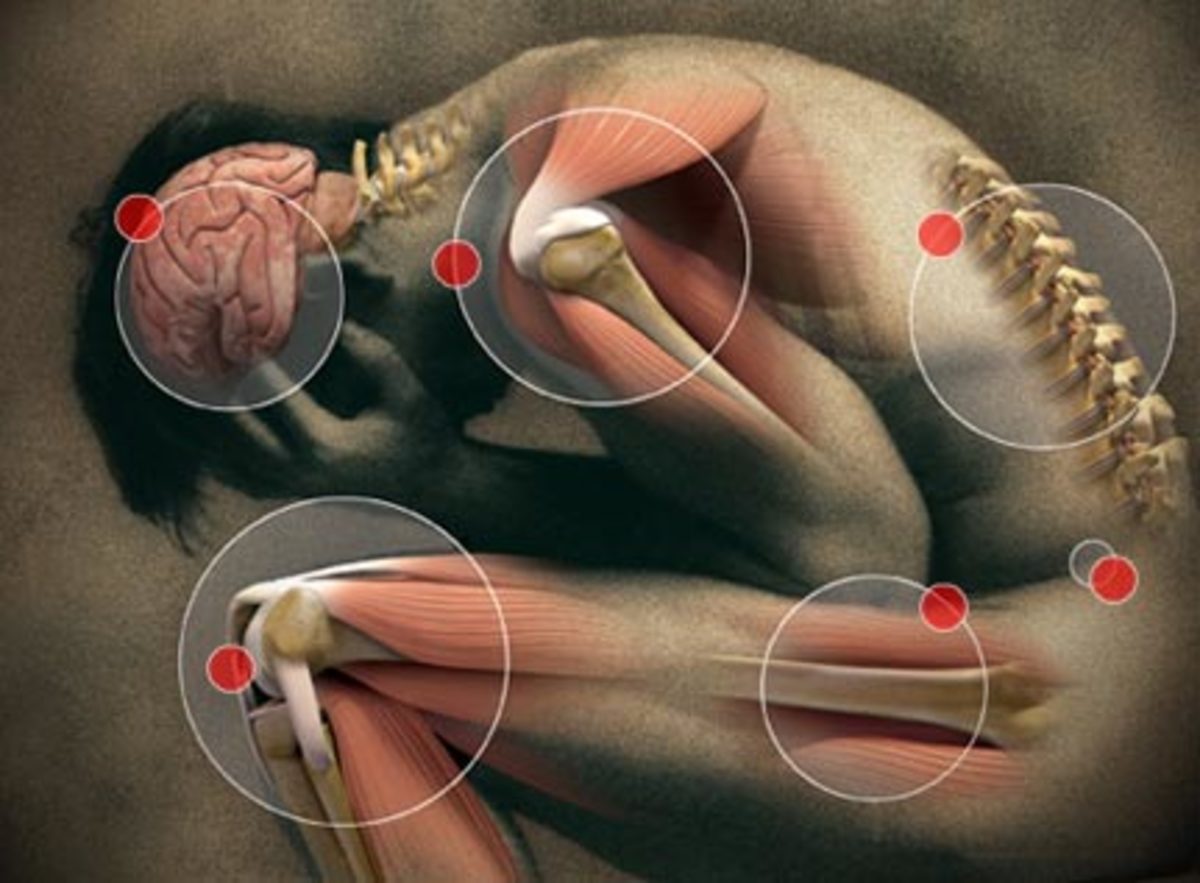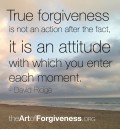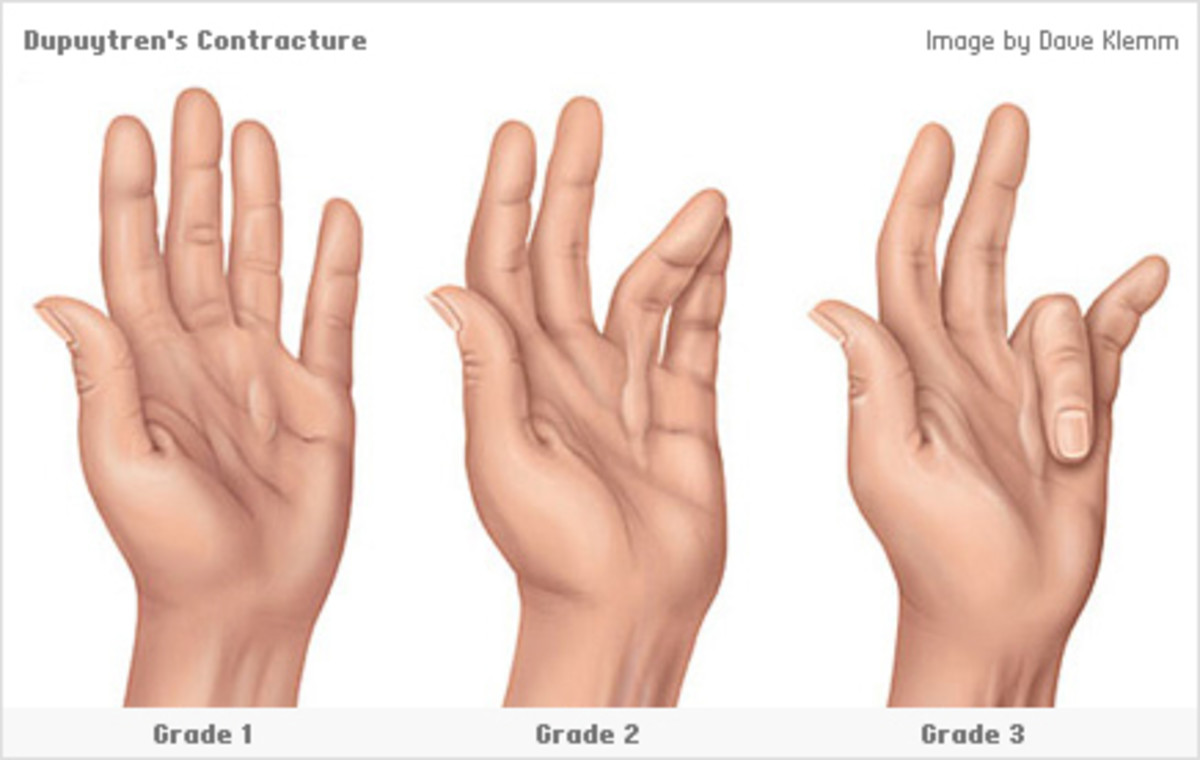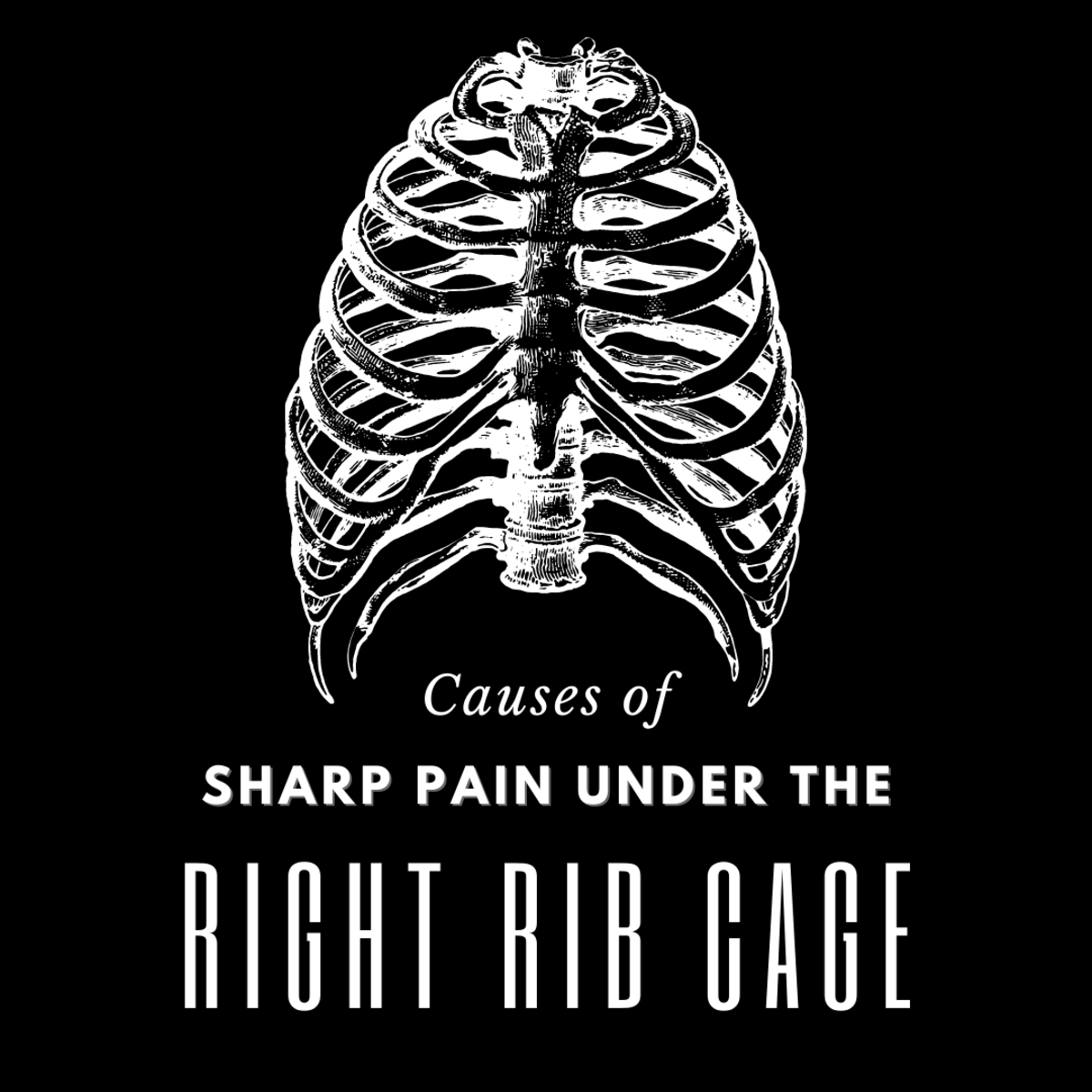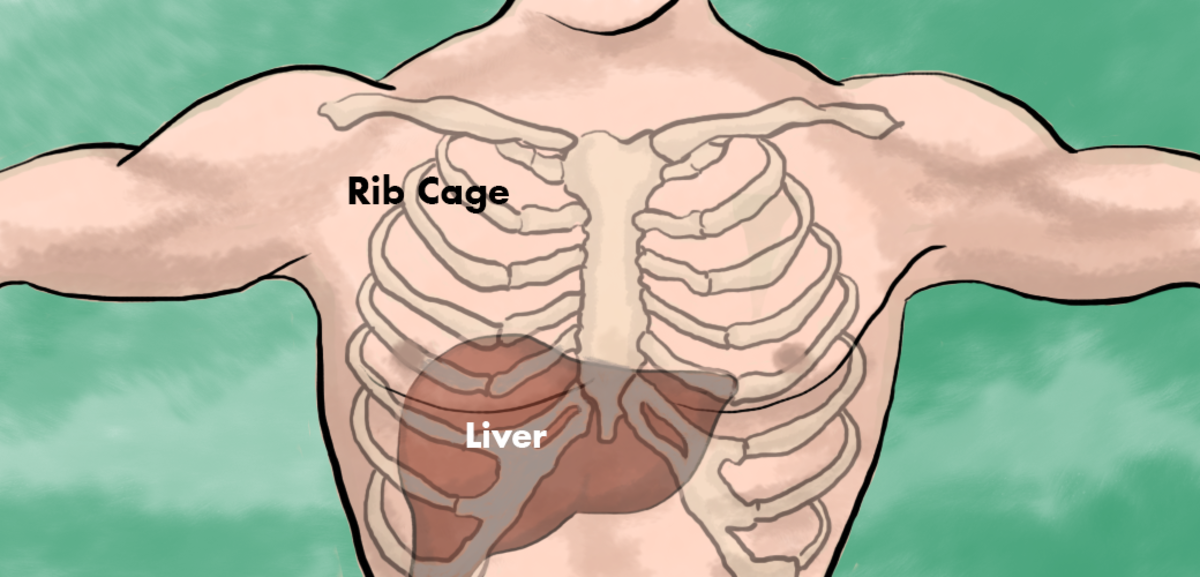- HubPages»
- Health»
- Diseases, Disorders & Conditions»
- Chronic Pain
Pain is a word until it Hurts

Hurting is two faced!
Pain is often associated with tissue damage and illness which reduces your ability to function.
We can take away or lessen intense physical pain but where is the plaster for emotional pain?
When we see the reason for pain and understand the situation the pain can be lightened but are we so good at helping the person with deep emotional pain?
" I don't know how to thank you" The words of a patient relieved because her amputation wasn't as painful as she had feared .
Her words sent shivers down my spine, what did I do to deserve them? Here was this poor soul with her diabetes and amputations thanking me for doing my work and all I could think was "If only I had given her more of my time!" What Now was all I could think, how will she manage when she gets back home, will her wounds be painful? Will she manage to do things that she did before her operation, will she cope?
This woman was putting on a brave face and she was making the best of her situation, I dared to ask her how she would cope and she told me that she was lucky........lucky because she had time to prepare for her situation and plan for her future.
She taught me that pain is a word that can be interpreted in many ways and she told me that pain is only a problem when it HURTS! I had never heard that before and the more I thought about it the more I understood her.
When you start to think about pain you can imagine it and shudder but how do you deal with it?
For a headache or muscle ache we can relieve the pain with over the counter pain relief tablets but what if we are told that we have a condition that will cause us chronic pain and we have to adapt to this new situation?
There has been a lot of research done on pain management in the hospital and if you google this you can read for hours. In hospitals there are charts to be filled out on everything from your pain description to what medication gives relief. We spend quite some time recording and ticking off little boxes which eventually can be summarized. But who's benefit are these tools for? Do hospitals use enough time on preparing the patient for the next step?
Many patients leaving hospital to a world of chronic pain are not so lucky, they have not had time to work through their feelings and their pain frightens them. Many do not know how they are going to cope and this has an adverse effect on their personality, they feel rejected and totally misunderstood. In this case "Time" is not a healer it is a problem, as time goes on the feeling of hopelessness can get worse and isolation can increase.
With an amputation you can get extra help from society but chronic pain is invisible to the outsider and it is much harder to approach a scowl than a smile. Now I really understand what my first patient meant when she said that pain is a problem when it hurts!
Pain has a moral side attached to it and this side is quite often neglected in the caregiving aspect. Social and cultural influences shape unconscious perceptions and attitudes towards people in pain and many of us are guilty of neglecting this fact.
Finding yourself having to cope with pain really does put you to the test. "Survival of the fittest" will keep you going or knock you flat. Your attitude to the situation will also play a huge role. Can you conquer this, live with it or manage it are only a few of the questions that will pop up in your head when you are crying out in pain. IT HURTS and it hurts in more ways than one.
Emotional pain regardless of the reason can be chronic and turn your world upside down, people who are miserable are always miserable for a reason. Find the reason and help to lift it ............relief can be underneath.

